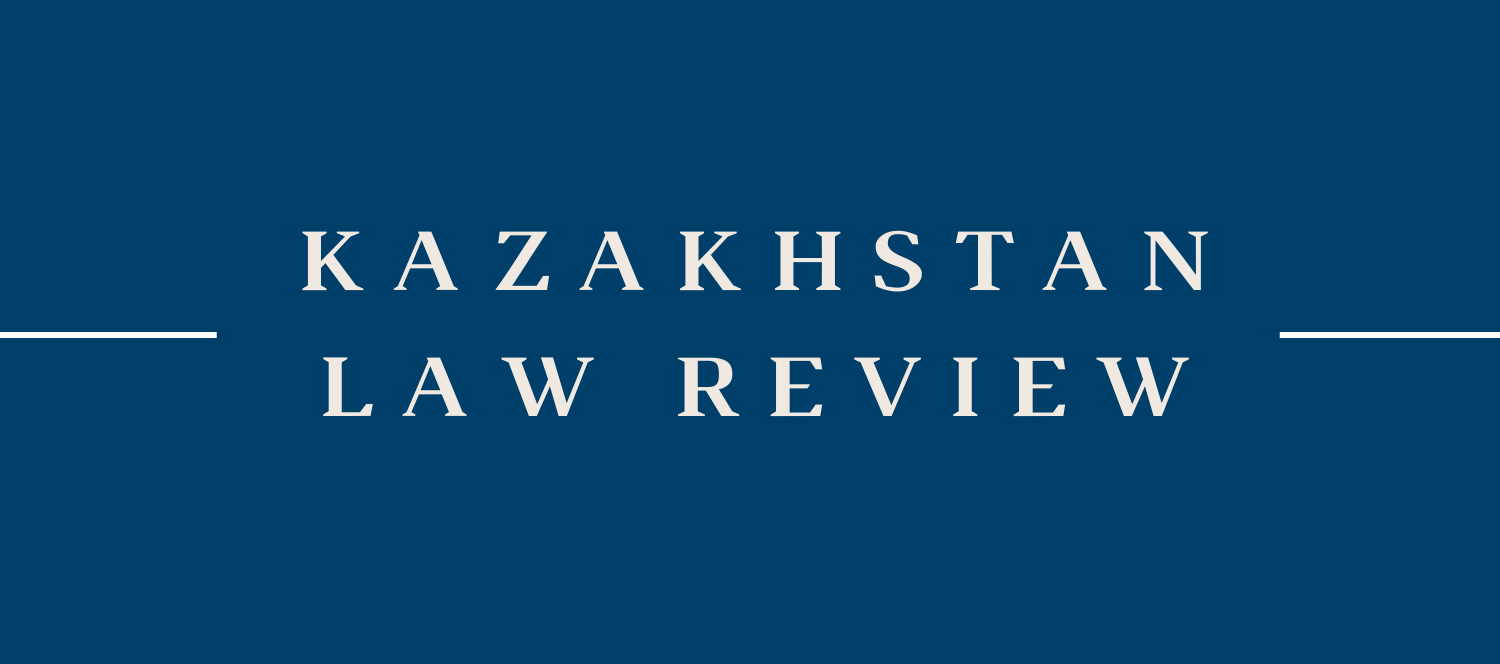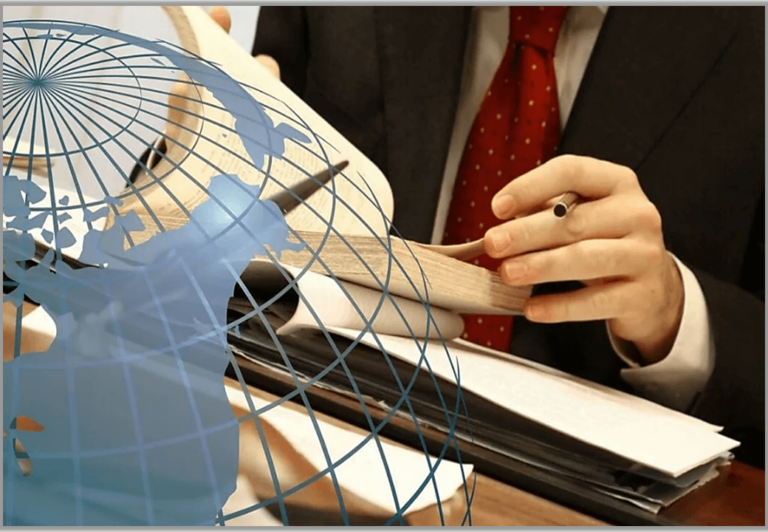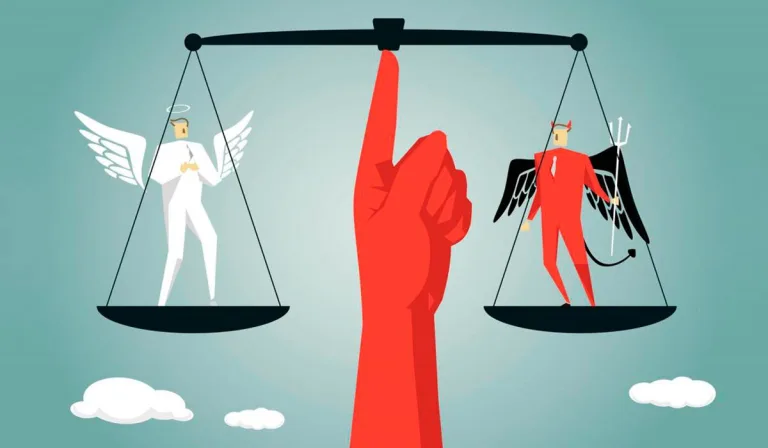Author Rashid Gaissin
In an attempt to address oligopolistic groups and entities implicated in large-scale corruption, President Kassym-Jomart Tokayev of Kazakhstan has sanctioned a law enabling the return of illegally acquired assets to the state. In addition, amendments have been made to the Code of Administrative Offences, the Tax Code, and the Law on the Prosecutor’s Office.
In this article, we provide detailed guidance on the new asset recovery law and how it may affect Kazakhstan citizens who hold assets inside the country and abroad.
What is the background to the asset recovery law?
In June 2022, the Council of Europe’s Group of States against Corruption published its first evaluation report on Kazakhstan. This followed the political unrest over fuel prices in January 2022, in which 227 people were killed and over 9,900 were arrested.
The report stated that corruption in Kazakhstan was a serious concern; however, it praised the establishment of the Anti-Corruption Agency as a positive development, along with the adoption of dedicated strategies and initiatives with a stronger focus on prevention.
The report also highlighted the need for increased transparency in public administration and decision-making processes, including by instigating meaningful public consultation and improving access to information. The recruitment and promotion of civil servants and officials also needed to be based on merit, and rules on integrity in public service required clarification.
Whistle-blower protection and public procurement processes also needed to be improved, especially given the latter was the area most exposed to corruption.
After the riots, President Tokayev noted that international experts, in particular, KPMG had asserted that in Kazakhstan, 0.001% of the population, or 162 persons, were worth more than $50 million, which equates to around 50% of the total wealth of the population. Furthermore, according to 2018 Credit Suisse data, the top-50 richest businesspersons in Kazakhstan owned 42% of the total wealth of the adult population, or 16% of nominal GDP.
The asset return law is aimed at addressing the above inequalities and recognised corruption practices.
Who does the new asset return law apply to?
Persons holding positions of public responsibility, positions in state legal entities, quasi-public sector entities, as well as those affiliated with them will be affected by the asset return law. For it to apply, a person or entity must have assets in excess of 44 billion tenge, or around USD100 million.
The Authorised Body will establish a new department which will be responsible for collating and analysing information from legal sources, including state departments, concerning the legality of the acquisition of certain assets and the removal of those assets from the country.
If the Authorised Body has ‘reasonable doubts’ that an entity has illegally acquired assets, it will submit proposals to the Commission on Asset Recovery (formed by the Prime Minister from members of Parliament, public figures, members of the Government, first heads of state bodies, and other persons) to include such entities and their affiliates in the relevant Register.
Is ‘reasonable doubt’ defined under the Kazakhstan asset recovery law?
Yes, the new law sets out clear criteria concerning the grounds the Authorised Body can use to infer ‘reasonable doubt’. The criteria include:
- The value of an asset is inconsistent with the amount of legitimate income or other sources of capital enjoyed by the person or entity that purchased the asset.
- The acquisition of assets by a person or its affiliates is more than the established threshold.
- Other grounds established by the asset recovery law.
What should a person or entity do if they are added to the Kazakhstan asset recovery law register?
If a person or entity is added to the register, they have between one and three months to submit an asset declaration affirming that their assets were legally acquired. If they fail to substantiate the legality of the asset, the assets fall under the classification of ‘unexplained origin’. If there is a risk of asset being withdrawn or alienated from Kazakhstan, the Authorised Body can apply to the Court for permission to take preliminary interim measures to prevent the asset being moved or dealt with.
Can a person or entity be forced to return assets to Kazakhstan?
If it is established that the assets have been acquired illegally and removed from the country, they can be returned voluntarily or by compulsion, the latter requiring the Authorised Body to make an application to the Court. Return of the assets may take the form of payment of money, transfer of part or all the assets to Kazakhstan, reimbursement of taxes not received, repayment of income derived from the asset, or compensation if the asset has been damaged.
The asset recovery law sets out policies and procedures for facilitating international co-operation concerning the enforcement of court decisions, exchanges of information, and any other legal engagement required when seeking the return of an asset.
Summary and Legal Advice
Kazakhstan’s new asset recovery law is likely to have far reaching implications for people and entities based inside the country and overseas. If you require legal advice concerning the new law, please do not hesitate to contact our experienced and dual qualified Business Solicitors.
To discuss any points raised in this article, please call us on +44 (0) 203972 8469 or email us at mail@eldwicklaw.com.
Note: The points in this article reflect the law in place at the time of writing, 15 September 2023. This article does not constitute legal advice. For further information, please contact our London office.
Следите за свежими материалами, подписывайтесь здесь: Telegram, Instagram, Facebook, YouTube




